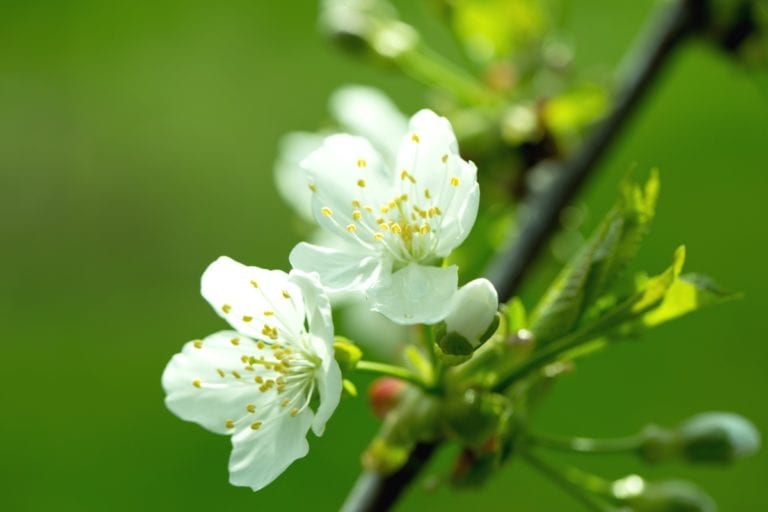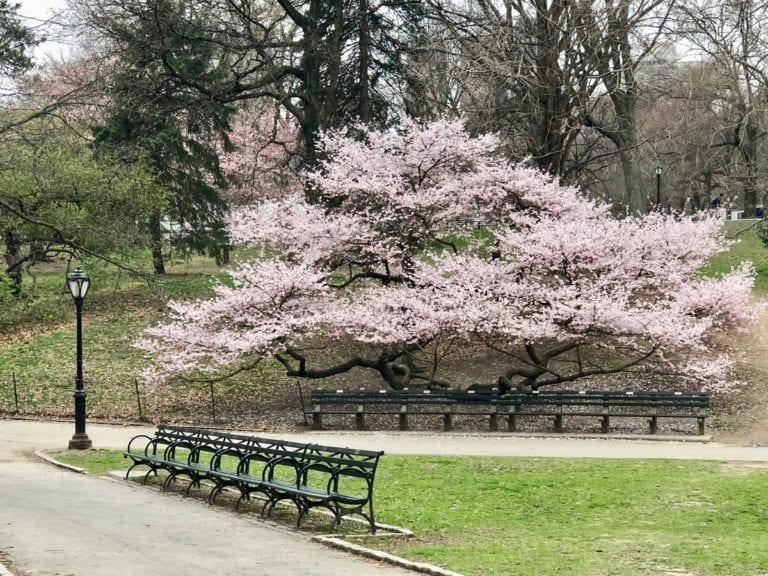783rd Week: The Gift of Caring
As I write this week’s practice, we’re about a month into “sheltering in place” here in New York City. For all of us, the whole world of human beings, this is a time of challenge beyond what many of us would have imagined possible. The fact that we are able to be connected around the globe is a previously unimagined gift of being able to move through this experience as a connected human family.
I had an experience this week that touched me deeply and I want to share it as the theme of this week’s practice that I’d like to invite you to explore. I got an email through my website and it was from someone who had noticed that I hadn’t posted a practice last week. She hoped that I was okay and wanted to make contact to be sure everything was all right with me.
As I read this unexpected email, my heart filled with gratitude and warmth that this person cared enough to be in touch and to check in with me. It got me to thinking about how powerful it is when we care about and for one another, what a balm it is to the heart, and how such an act can fill someone with a sense of connection, warmth, and gratitude.
Read More “783rd Week: The Gift of Caring”



